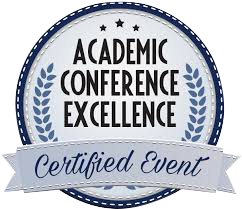
Michael Andrew Tainsky
Professor, Department of Oncology
Wayne State University
USA
Biography
Michael Tainsky is a molecular cell biologist who has been studying the molecular basis of human cancer for more than 30 years. In 1998, he came to the Karmanos Cancer Institute at Wayne State University School of Medicine after 13 years on the faculty of the University of Texas, M.D. Anderson Cancer Center in Houston, TX, and 8 years at NCI/NIH. He has studied the biological effects of oncogenes, tumor suppressor genes, and transcription factor on tumor cells; and in the Li-Fraumeni Cancer Syndrome, he studied the mechanisms of cellular immortalization. Recently, he extended his mechanistic cancer research to translational applications of genomics and proteomics to molecular diagnostics of ovarian cancer. For the past 10 years, his laboratory team has developed the epitope cloning technology and protein microarray immunoassays to detect tumor autoantibodies in patients’ sera. His Epitomics Biomarker Technology identifies the autoantigen biomarkers using novel informatics tools for the classification of patients. In 2009, he published a 330-page book as editor in the Methods in Molecular Biology Series from Humana Press entitled Tumor Biomarker Discovery. He was invited to guest edit Special Issues of the journal Cancer Biomarkers on Antibody Biomarkers and Biomarkers in Ovarian Cancer. Dr. Tainsky holds the Barbara and Fred Erb Chair in Cancer Genetics at the Barbara Ann Karmanos Cancer Institute. He is a professor in the Department of Oncology.
Research Interest
• Molecular genetic mechanisms by which normal cells become malignant • Pathway analysis of gene expression changes leading to cellular immortalization • Development of novel cancer diagnostic tests for early detection of cancer in the form of a complex blood test

